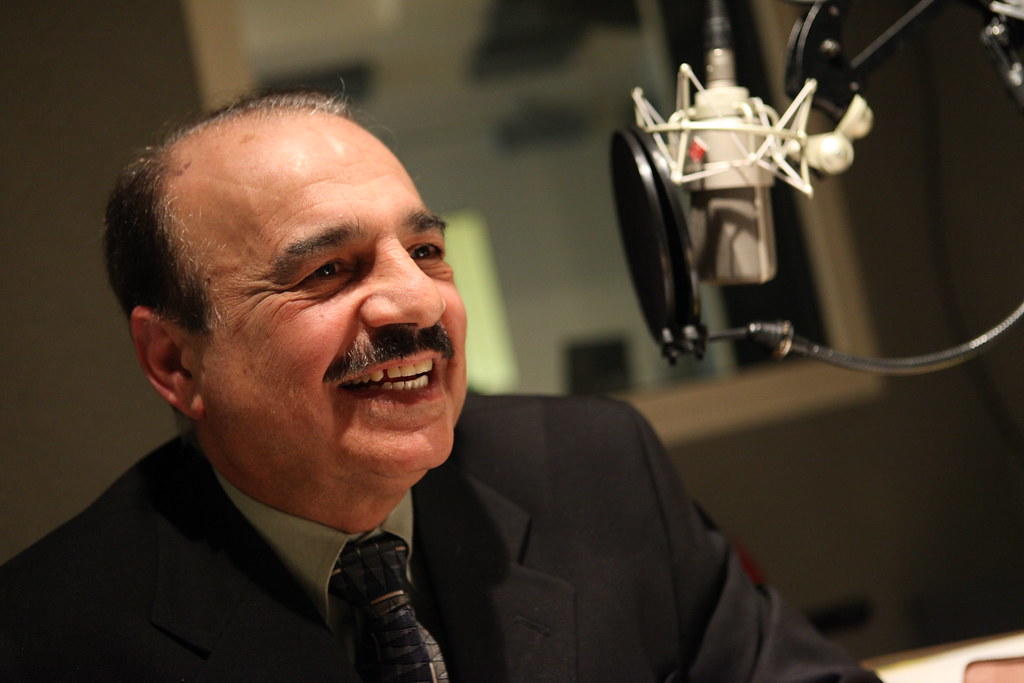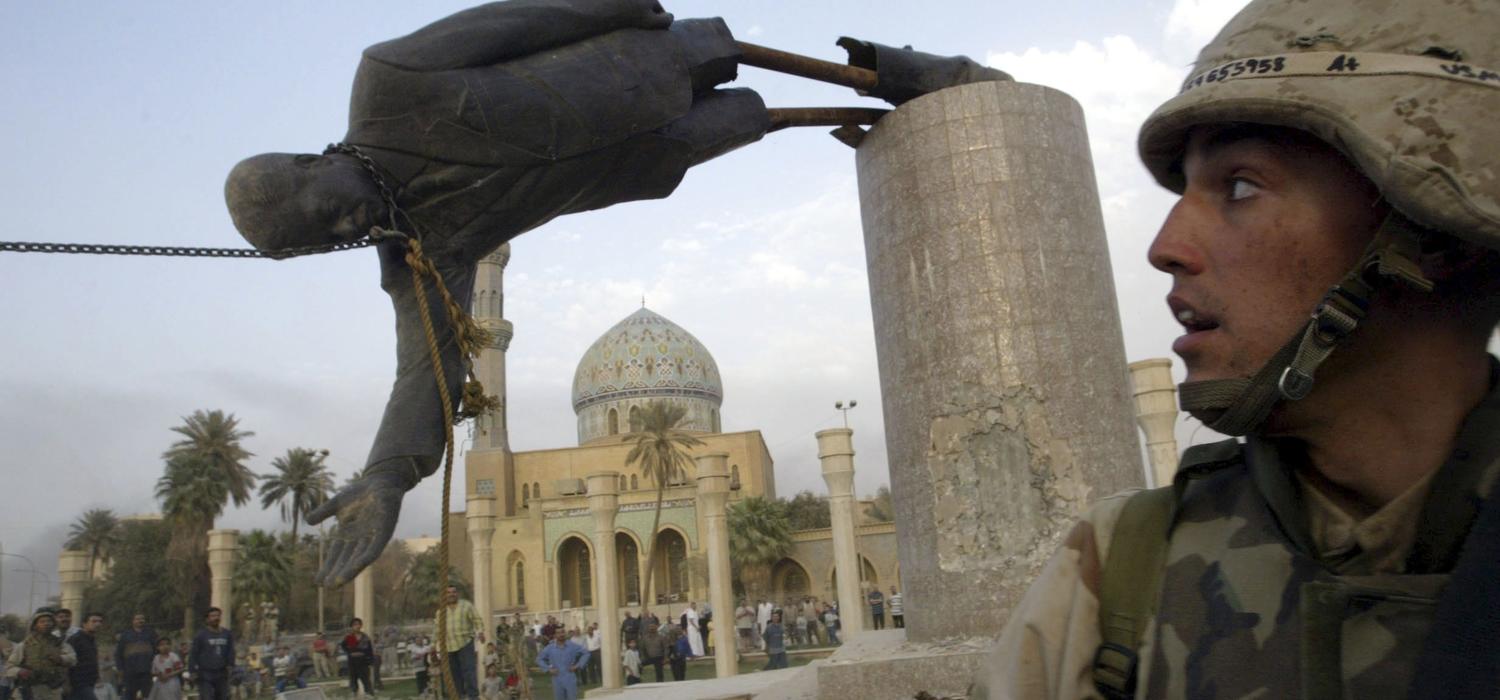
Oct. 8, 2021
What We Are Learning This Week with Dr. Tareq Ismael

October 12, 2021 in POLI 469 Middle East Contemporary Political Problems
Dr. Tareq Ismael is exploring Kinzer’s three factors which help explain foreign intervention, especially why a strong nation may seek to “strike against a weaker one”
Can you tell us a little more about this topic?
“The shifting combinations of three factors,” wrote Stephen Kinzer in his seminal study on U.S regime change policy, Overthrow (2006), is used to explain why a strong nation may seek to “strike against a weaker one”. These factors are ideology, power, and resources. The shifting combinations of these factors are examined in the context of U.S. intervention in the Middle East.
Intervention by foreign actors in only one side of the proverbial coin. The other side are the governments that pursue policies contrary to the interests of their populations. In her pivotal study, The March of Folly, the historian Barbara W. Tuchmann, asked “Why do holders of high office so often act contrary to the way reason points and enlightened self-interest suggests?” In the context of the proverbial coin, we examine the nature of the overthrown governments In the Middle East.

What else do you cover in your course?
Political problems in the Middle East are shifting combinations of sectarianism, authoritarianism, and foreign intervention. This course examines the dynamics of these combinations in Iraq, Libya, Syria and Yemen. In addition to the four case studies of dynamics at the national level, regional dynamics are also examined.
What do you love about teaching this course?
I love teaching this course because it captures students in the real-world drama of global affairs always unfolding in the news. Events in the Middle East are always in the headlines so the dominant narratives about Middle East play out in the media. This provides a lively opportunity to engage critical thinking skills.
Finally, what other courses would you recommend for students interested this topic?
POLI 479 International Relations of the Contemporary Arab World and POLI 569 Selected Topics in Middle East Politics would be good follow-ups for students Interested in the Middle East.
Our Thanks to Dr. Tareq Ismael for sharing your course with us!
